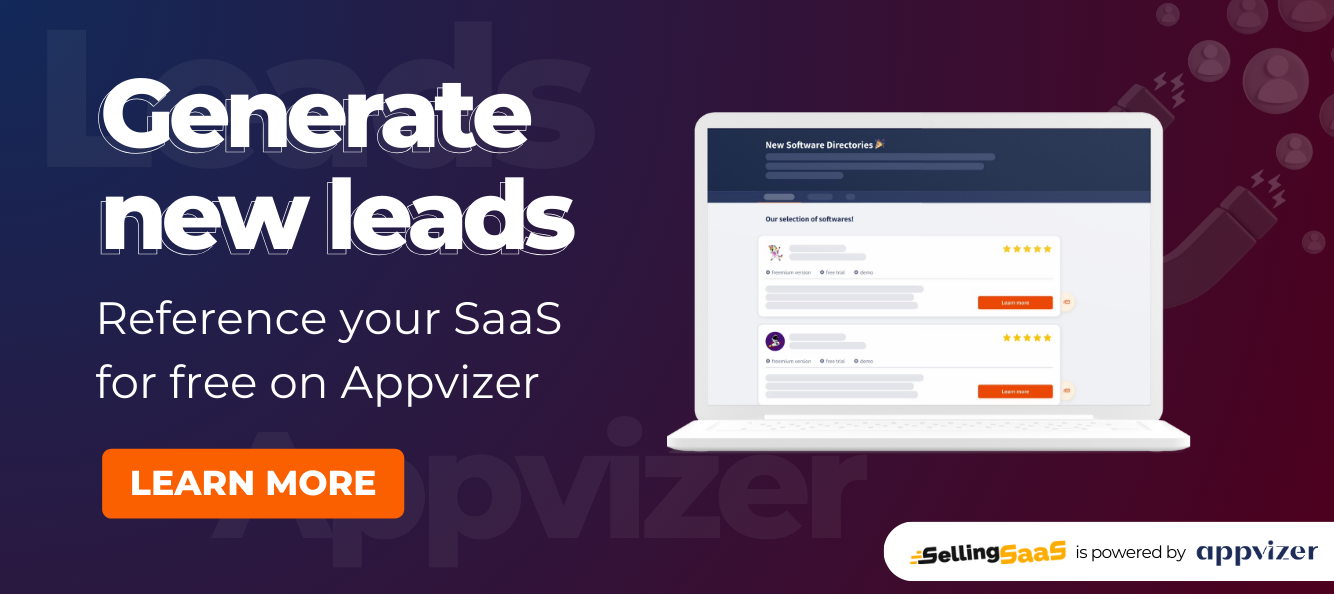Part 1: Understanding the Fundamentals of SaaS Compliance
What is SaaS Compliance?
SaaS compliance refers to the adherence of Software as a Service companies to a myriad of legal, regulatory, and industry-specific standards. It encompasses everything from data protection and cybersecurity to financial reporting and operational procedures. For SaaS entrepreneurs and CEOs, compliance is not merely a legal checklist but a strategic framework that underpins every aspect of their business operations.
Why Compliance is Critical for SaaS Organizations
Building Trust with Customers: In an era where data breaches are commonplace, compliance serves as a badge of trust and reliability. By adhering to established standards, SaaS companies demonstrate their commitment to safeguarding customer data.
Market Expansion and Growth: Compliance opens doors to new markets and customer segments. For instance, adhering to health industry regulations like HIPAA can make a SaaS product viable for healthcare providers.
Avoiding Legal Repercussions: Non-compliance can lead to fines, legal disputes, and severe reputational damage. In contrast, compliance ensures smooth operations and shields the company from potential legal challenges.
Investor Confidence: Investors are more likely to fund SaaS companies that show a commitment to compliance. It indicates sound management and a lower risk of regulatory issues that could affect profitability.
The Role of Compliance in SaaS Business Growth
Compliance should be viewed as a growth enabler rather than a constraint. By integrating compliance into their core strategies, SaaS companies can:
- Ensure smoother operations and fewer disruptions.
- Enhance their reputation and brand value.
- Leverage compliance as a competitive advantage in marketing and sales efforts.
Key Compliance Regulations and Standards for SaaS Companies
- General Data Protection Regulation (GDPR): Governs data protection and privacy in the European Union.
- Health Insurance Portability and Accountability Act (HIPAA): Regulates data privacy and security provisions for safeguarding medical information in the United States.
- Payment Card Industry Data Security Standard (PCI DSS): Sets security standards for all entities that handle credit card information.
- Sarbanes-Oxley Act (SOX): Focuses on financial disclosures and accounting practices to prevent corporate fraud.
- California Consumer Privacy Act (CCPA): Grants consumers rights regarding the collection and use of their personal information.
Actionable Steps for Compliance:
- Conduct a Compliance Audit: Identify which regulations apply to your business. This step may require legal expertise.
- Implement Compliance Policies: Develop internal policies that address the identified regulations. This can include data handling procedures, security protocols, and employee training programs.
- Leverage Compliance Tools: Utilize software tools that assist in maintaining compliance, such as data encryption technologies, compliance management software, or financial reporting tools.
Part 2: Security and Data Protection Compliance in SaaS
Security Compliance Requirements for SaaS Applications
Implementing Robust Security Measures: This includes encryption, access controls, and regular security audits. Establishing a comprehensive cybersecurity framework is essential to protect customer data and comply with various security standards.
Continuous Monitoring and Response: Setting up systems for continuous monitoring of security threats and having a response plan in place are crucial. This proactive approach helps in quickly addressing any potential breaches and maintaining compliance.
Data Protection and Privacy Compliance in SaaS
Understanding Data Sovereignty: Be aware of where your data is stored and processed. Data sovereignty laws can dictate specific requirements based on the geographical location of data storage.
Adhering to Privacy Regulations: Implementing policies and practices that align with regulations like GDPR and CCPA. This includes user consent for data collection, data anonymization practices, and clear data usage policies.
Key Considerations for SaaS Data Storage and Residency
Choosing the Right Data Centers: Ensure your data centers comply with regional laws and standards. For instance, data centers in the EU must adhere to GDPR requirements.
Data Residency Policies: Establish clear policies around data residency, considering the legal implications of where data is stored and transferred.
Compliance with International Data Protection Laws (e.g., GDPR)
Global Compliance Strategy: For SaaS companies operating internationally, creating a global compliance strategy that encompasses all relevant data protection laws is essential. This strategy should be flexible enough to adapt to the varying requirements of different jurisdictions.
Actionable Steps for Security and Data Protection Compliance:
- Regularly Update Security Protocols: Stay abreast of the latest security threats and update your protocols accordingly.
- Educate Your Team: Regular training sessions for your team on the latest data protection practices and compliance requirements.
- Engage Data Protection Officers: Consider hiring or consulting with data protection officers (DPOs) to ensure ongoing compliance with data protection laws like GDPR.
- Perform Data Impact Assessments: Regularly conduct assessments to understand the impact of your data processing activities and ensure they align with legal standards.
In conclusion, mastering SaaS compliance is a dynamic and continuous process. It requires a deep understanding of the legal landscape, a commitment to ethical standards, and a proactive approach to integrating compliance into every facet of your business. For SaaS entrepreneurs and CEOs, achieving compliance is not just a regulatory necessity; it’s a strategic asset that drives growth, builds customer trust, and ensures long-term sustainability in the competitive SaaS marketplace.
Part 3: Ensuring operational compliance in SaaS
Financial Compliance and Revenue Recognition for SaaS Companies
Navigating Financial Regulations: SaaS companies must adhere to financial regulations that govern how they recognize revenue and report their finances. This is particularly crucial for public companies or those seeking to go public.
Understanding ASC 606: ASC 606 is a key revenue recognition standard that affects SaaS businesses. It outlines how and when revenue should be recognized, particularly for subscriptions and contracts. Compliance with ASC 606 is critical for accurate financial reporting and investor relations.
Actionable Steps:
- Implement ASC 606 Compliant Systems: Utilize accounting software that supports ASC 606 compliance, ensuring that revenue recognition aligns with the standard.
- Regular Financial Audits: Conduct regular audits to ensure financial practices meet regulatory standards and to identify any areas of non-compliance.
- Training and Awareness: Keep your finance team updated on the latest regulatory changes and ensure they understand the implications for your SaaS business.
Internal Controls and Compliance Management in SaaS Organizations
Developing a Compliance Framework: A robust internal control framework is vital for maintaining compliance. This includes policies, procedures, and checks that ensure all aspects of the organization adhere to regulatory and ethical standards.
Risk Assessment and Management: Regularly assess risks associated with non-compliance and implement measures to mitigate these risks. This can include anything from data breaches to financial misreporting.
Actionable Steps:
- Establish a Compliance Team: Assign a dedicated team or individual to oversee compliance-related activities and ensure they are integrated across the organization.
- Automate Compliance Monitoring: Leverage technology to automate monitoring and reporting of compliance metrics.
- Regular Compliance Training: Conduct ongoing training sessions for staff to reinforce the importance of compliance and keep them informed about relevant regulations and internal policies.
Compliance with Industry-Specific Regulations (e.g., PCI DSS)
Industry-Specific Compliance Needs: SaaS companies operating in certain sectors, such as finance or healthcare, need to comply with industry-specific regulations like PCI DSS for payment processing or HIPAA for health data.
The Importance of Tailored Compliance Strategies: The one-size-fits-all approach does not work with industry-specific regulations. SaaS companies must develop tailored strategies that address the unique requirements of the industries they serve.
Actionable Steps:
- Conduct Industry-Specific Compliance Audits: Regularly audit your compliance with industry-specific regulations.
- Engage with Industry Bodies: Stay engaged with industry bodies and regulatory authorities to stay updated on changes and best practices.
- Customize Compliance Protocols: Develop and implement compliance protocols specifically tailored to the industry requirements.
The Consequences of Non-Compliance in SaaS Business Operations
Legal and Financial Ramifications: Non-compliance can result in hefty fines, legal disputes, and potentially, criminal charges. For instance, GDPR violations can result in fines of up to 4% of annual global turnover or €20 million (whichever is greater).
Reputational Damage: Non-compliance can severely damage a company’s reputation, leading to loss of customer trust and business opportunities.
Operational Disruptions: Regulatory actions can lead to operational disruptions, including the suspension of business activities or revocation of licenses.
Actionable Steps:
- Regular Compliance Reviews: Conduct frequent reviews to ensure ongoing compliance and to identify areas of potential risk.
- Crisis Management Planning: Develop a crisis management plan to address potential compliance violations and mitigate their impact.
- Legal Consultation: Regularly consult with legal experts to understand the implications of non-compliance and stay updated on legal requirements.
In summary, operational and financial compliance are cornerstones of a successful SaaS business. They require continuous attention, adaptation to regulatory changes, and a proactive approach to integrate compliance into the company’s DNA. By prioritizing compliance, SaaS CEOs and entrepreneurs can not only mitigate risks but also position their companies for sustainable growth and success in the competitive SaaS landscape.


